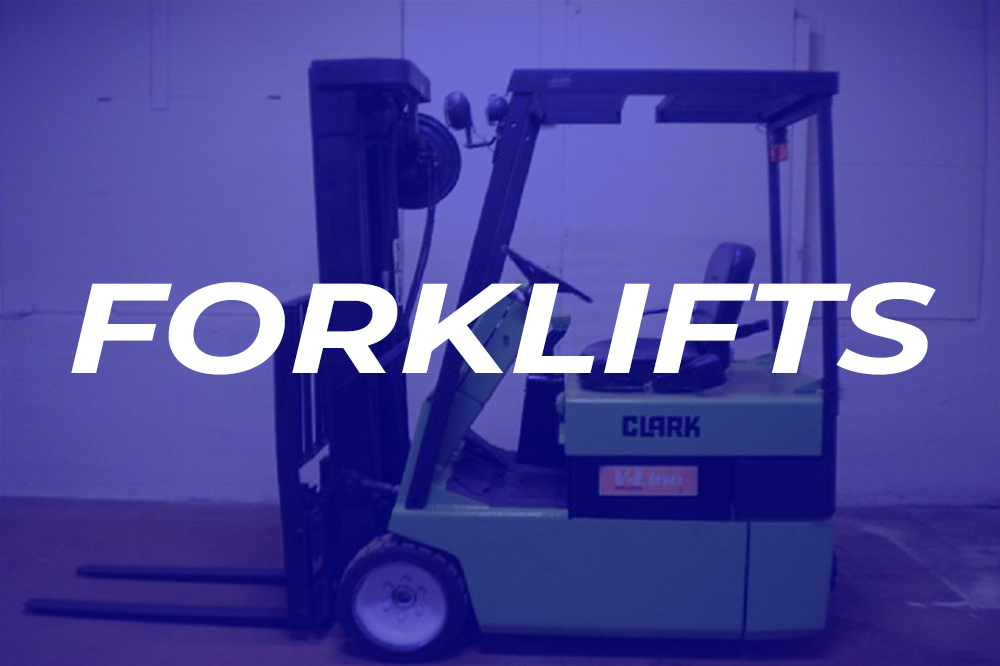-
Home
-
What Type of Forklift Should I Buy?

What Type of Forklift Should I Buy?
May 31, 2016
Forklift manufacturers have made substantial improvements to all types of lift trucks in recent years, from diesel and propane to gasoline and electric. Each forklift type has definitive advantages and should be used in the proper setting to ensure safety and longevity. Multiple forklift types are available for large operations, both indoor and outdoor, and jobs that require lifting large loads. Today we are going to talk about the advantages and disadvantages of two different types of forklifts: electric and propane.
Electric Forklifts:
Advantages: Battery electric forklifts are the most environmentally friendly type. They are fume free in operation, giving off no harmful emissions. They are also quiet in use. Due to the weight and concentrated mass of the battery, electric lifts are generally easier to maneuver than their engine powered equivalents. The battery weight is an effective counterbalance, enabling the truck to be compact in size. The cost of recharging the battery overnight is considerably less than replacing gas bottles or filling a tank with diesel fuel. Electric forklift trucks are generally easier to drive than engine powered machines, as they only have an accelerator and a brake pedal. No clutch pedal or inching pedal means the operator doesn’t have to “rev” the engine for fast lift or hill starting. The maintenance and servicing costs of electric forklifts is considerably less than engine powered trucks as there are so few moving parts.
Disadvantages: Electric trucks have a higher initial cost due to the battery and charger. They are also unavailable for use while the battery is being recharged, unless additional batteries for multi-shift work are available. Warehouse space for the battery charging station and a suitable means of changing batteries at shift change-over is also needed. Electric forklifts are not suited for use outside in wet weather; the damp atmosphere causes problems with wiring circuitry and electrical components. Maintenance and repairs/fault finding are not done on a DIY basis compared with engine powered trucks.
Propane Forklifts:
Advantages: Forklifts powered by LPG (liquefied petroleum gas) have long been popular due to their competitive pricing and suitability for inside/outside usage and convenience for around the clock working. The engines are derivatives of car engines, and consequently parts are readily available at low prices. The performance characteristics of propane powered trucks are superior to their electric and diesel-powered equivalents. Travel speeds, rates of acceleration, and lift speeds usually outperform their electric/diesel rivals because of better power to weight ratios and better responsive engines. The service weight of gas trucks is generally less than their electric and diesel counterparts.
Disadvantages: Whilst they are the cheapest to buy new, their maintenance and fuel costs are the highest of the three types. As with diesel trucks, they need to be given a “winter service” with antifreeze. Fuel system leaks while the truck is indoors can be a liability. Operators need to be trained on the safe handling of propane fuel. Propane forklifts are difficult to start and operate in freezing temperatures.


